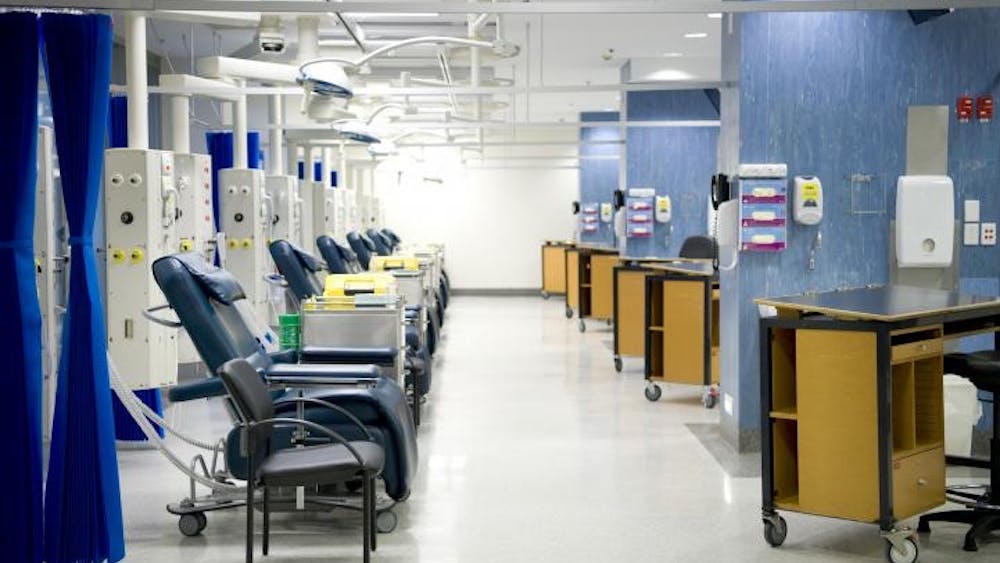This is a study of an experimental treatment (referred to as “study drug”) called CVL-751 as a possible treatment for Parkinson’s disease.
About this study
An experimental treatment is one that has not been approved by the United States (US) Food and Drug Administration (FDA), Therapeutic Goods Administration (TGA) in Australia or any other regulatory agency .
The main purpose of this study is to learn how well the study drug works and how safe the study drug is and to find the right dose.
If you choose to participate in this study, you may receive the study drug, or you may receive a placebo.
Who can take part
Participants must meet the following criteria:
- Aged 40 to 80 years, inclusive
- Agree to use acceptable (at minimum) or highly effective birth control if they are sexually active participants of childbearing potential
- Be capable of giving signed informed consent
- Be able, in the opinion of the investigator, to understand the nature of the trial and comply with study's requirements, including the prescribed dosage regimens, scheduled visits, laboratory tests, and other trial procedures
- Have been diagnosed with Parkinson's disease that is consistent with the UK Parkinson’s Disease Society Brain Bank diagnostic criteria, with bradykinesia
- Return a completed self-reported home diary for motor function status (Hauser diary) during the screening period
What's involved
You will be in this study for approximately 35 weeks, which includes a screening visit, 27-week treatment period and a safety follow-up phone call. You will need to come to the study centre at least 11 times over this period. Different tests and procedures will be performed at each visit, depending on the type of visit (for example, a screening visit or a treatment visit).
The study is divided into 3 time periods:
- 4-week screening/baseline period
- 27-week treatment period
- 4-week post-treatment safety follow-up period
If the study doctor determines that you meet all the requirements to be in the study, you will be randomly assigned (like flipping a coin) to receive either the study drug or the placebo.

Ethics
All research in Australia involving human participants is reviewed by an independent group called a Human Research Ethics Committee (HREC). The ethical aspects of this research study have been approved by the Royal Melbourne Hospital HREC.
This study is being carried out according to the National Statement on Ethical Conduct in Human Research (2007). This statement protects the interests of people who agree to participate in human research studies.

The Clinical Trials Centre (CTC) is a dedicated, purpose-built space where we conduct clinical trials.
The CTC is located on Level 2 South. When you arrive, if you are unsure where to go, talk to one of our friendly volunteers or the information desk staff.

